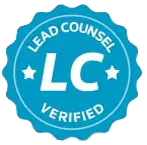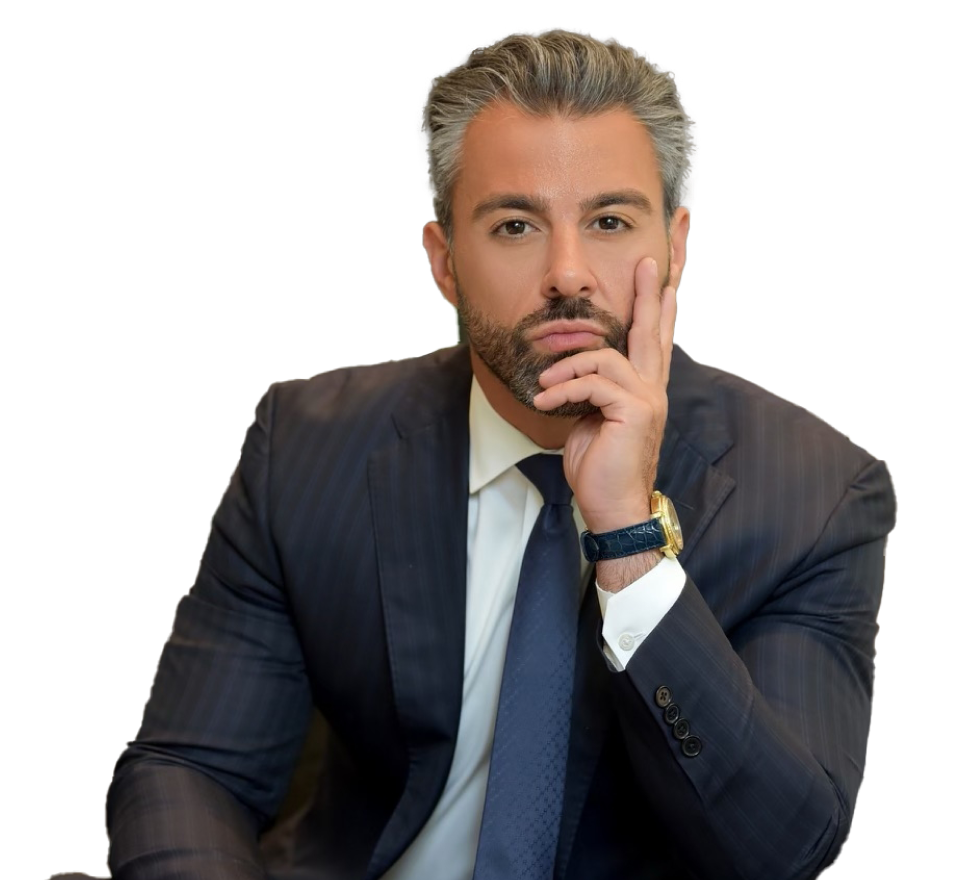Construction workers are some of the most underappreciated people in the United States. Our daily lives see us utilizing the products of construction workers’ labor: from our streets, to our offices, to our homes. With over 33,270 construction laborers in Illinois alone, their importance to the state’s infrastructure is clear.
Construction workers are tasked with creating safe structures for us. But what about their own safety on the job? The Bureau of Labor Statistics (BLS) reports that in 2018, there were 4,800 cases of nonfatal workplace injuries for construction workers in Illinois. This number accounts for almost 7% of the entire construction workforce in the state – and only considers instances that were reported to the BLS.
Workplaces are responsible to ensure the health and wellbeing of their employees, to the best of their ability. To hold employers accountable to creating a safe workplace, the Occupational Safety and Health Administration (OSHA) has legal standards in place that employers must adhere to. Failure to uphold these standards holds workplaces responsible for any injuries that were caused due to their negligence.
The most common OSHA violations
There are numerous standards that OSHA has in place, but there are a few standards that workplaces frequently neglect. The most common of these are when workplaces fail to provide:
- Fall protection. Falling is the leading cause of death in fatal construction accidents and it is crucial for construction sites to take precautions to prevent falling.
- Safety training. Workplaces must provide adequate training to employees, to ensure that safety rules are being met. Inadequate training can result in workplace injuries due to an employee’s lack of prior knowledge.
- Eye and face protection. Construction work often exposes workers to airborne hazards, including dust, debris, and chemicals. Proper protection nose and mouth is important to prevent inhalation of harmful materials, while eye protection is important for obvious reasons. Employers must provide protective gear that matches OSHA standards.
- Head gear. A helmet is crucial to protect workers from being struck by falling or swinging materials. Employers are required to provide this gear and enforce it’s use.
- Communication of workplace hazards. Construction sites are full of hazards: it’s part of the job. Contractors must ensure that communication of hazards are documented and shared with the project team.
The safety of construction workers should be priority number one for employers, especially as Illinois expands and develops further. If a worker is injured because an employer failed to adhere to the standards above, or any other standards not mentioned here, that worker may be entitled to workers compensation and third-party claims due to construction negligence.
If you were injured on a construction site, call The Personal Injury Lawyers ™ at 312-999-9990.









